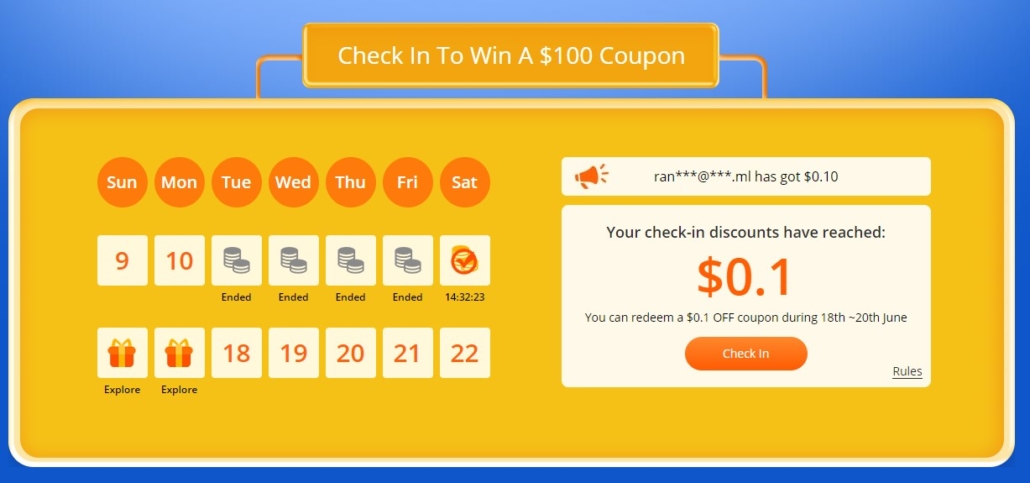
In recent weeks the RIAA has really stepped on the gas in an effort to tackle sites offering allegedly-infringing content.
The music industry group’s current weapon-of-choice is the DMCA subpoena. These orders, which are easy to obtain and do not need to be scrutinized by a judge, give the RIAA significant discovery powers that help to identify the operators of online platforms.
The latest site to be targeted by the RIAA is Mixstep.co, an upload platform designed for audio works. Last week the powerful industry group told a Columbia federal court that the site was hosting content at a single URL which infringes one or more of its members’ copyrights.
The RIAA says the URL linked to the Ed Sheeran/Justin Bieber track “I Don’t Care” but the location was already inaccessible the morning after the subpoena was obtained. Nevertheless, the RIAA now wants to identify the operator of the site.

The subpoena orders domain registry Namecheap to hand over the personal details of the platform’s domain owner, including name, physical address, IP address, telephone, email address, payment, account history, and other information.
TorrentFreak spoke with the operator of Mixstep who told us he wasn’t previously aware why the RIAA is targeting him. The site was never intended to host infringing content and was actually set up for the use of creators.
“We made this project for DJs and producers,” he told TF.
In common with many upload platforms – YouTube included – Mixstep has users who uploaded infringing content. However, the site has been working hard to take content down and has dealt severely with those who have abused the service.
“We already banned a lot of users who uploaded illegal files,” the operator added.
It’s not completely clear why the RIAA wants to identify the operator of the site but if its aim was to neutralize the platform, the music group has achieved that goal. With the service operated on a zero profit basis, its owner says it has run its course.
“I think it’s enough to fight with all these [users uploading infringing files] so we’re going to shut down our project very soon. Anyway, Mixstep was a no-profit project,” he said.
Visitors to the site now see the following message, so it may be ‘mission accomplished’ for the RIAA.

The RIAA’s letter to Cloudflare can be downloaded here (pdf)
Source: TF, for the latest info on copyright, file-sharing, torrent sites and more. We also have VPN reviews, discounts, offers and coupons.


 Copyright holders are increasingly taking Internet providers to court, accusing the companies of failing to terminate repeat copyright infringers.
Copyright holders are increasingly taking Internet providers to court, accusing the companies of failing to terminate repeat copyright infringers. 



 Every day, millions of people enjoy fan-made subtitles.
Every day, millions of people enjoy fan-made subtitles.
 In an effort to turn piracy into profit, copyright holders have chased alleged BitTorrent pirates through courts all over the world.
In an effort to turn piracy into profit, copyright holders have chased alleged BitTorrent pirates through courts all over the world.



